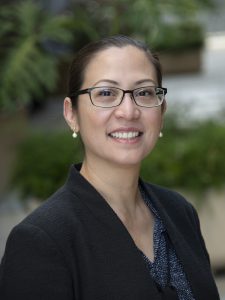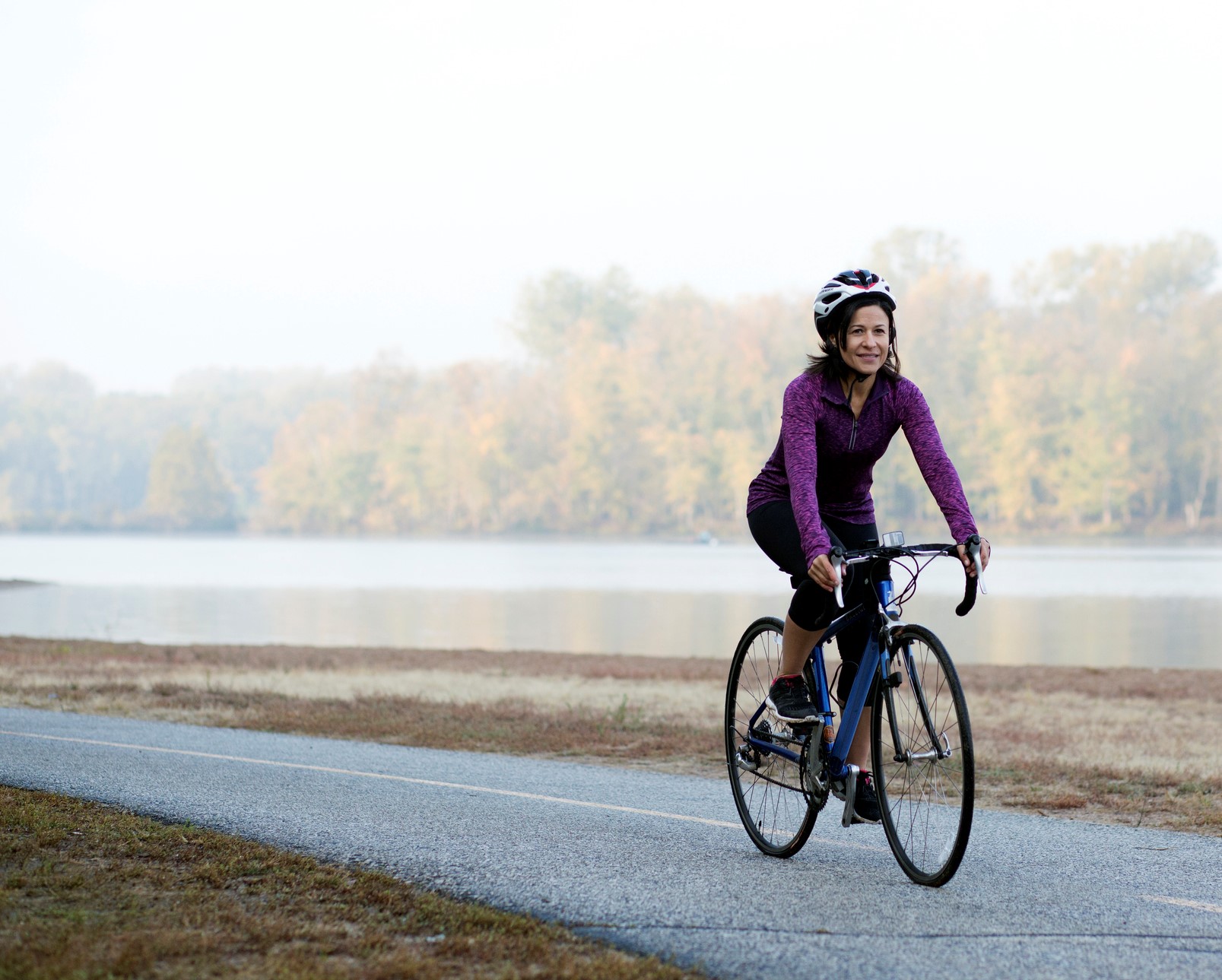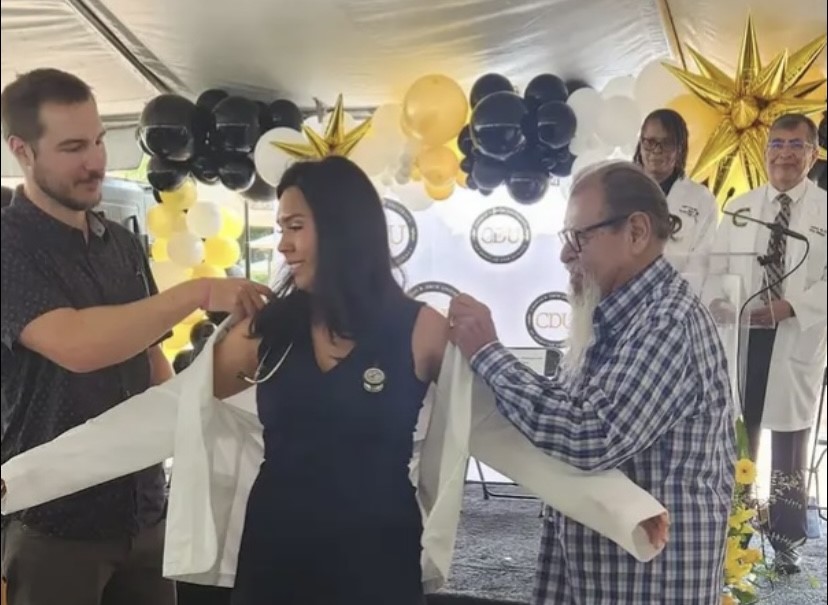Timing is everything when it comes to maintaining good health. That’s according to Dr. Rita Kwan-Feinberg, MPH, FACS, a Sutter East Bay Medical Foundation surgeon who specializes in breast cancer and serves as co-director of the Carol Ann Read Breast Health Center at Sutter’s Alta Bates Summit Medical Center.

Rita Kwan-Feinberg, M.D., MPH, FACS
Dr. Kwan-Feinberg explains preventive cancer screenings save lives because regular checks provide the best chance of finding cancer early–when it’s still small and before it has spread. That’s important she says, because treatments for cancers detected early may be less intensive, less difficult for patients and survival rates are much better.
It’s also important to get the appropriate cancer screenings at the recommended intervals. Depending on your sex and age, you may need a mammogram, a Pap test for cervical cancer, a colonoscopy, a skin check or a prostate check.
Unsure which screening tests you need and when? Consult your primary care doctor or take a look at the American Cancer Society’s list of recommended screenings by age.
Remember, though many people think of cancer as a disease we get at a later stage in life, cancer can strike at any age. In fact, some hormone-sensitive cancers grow more rapidly in younger people, so getting a regularly scheduled mammogram, skin check or prostate exam can be lifesaving. For example, according to Dr. Kwan-Feinberg, most people diagnosed with breast cancer have no family history of breast cancer and many aren’t experiencing symptoms when their breast cancer is found.
It’s Not too Late to Schedule a Delayed Cancer Screening
Did fear of being exposed to COVID-19 cause you to put off a cancer screening over the past two years? It’s not too late! The best time to reschedule a delayed screening test is now, says Dr. Kwan-Feinberg. She also emphasizes that hospitals and clinics like those in the Sutter Health integrated network of care have made it a priority to protect the health of patients, staff and doctors –so it’s safe for you and your loved ones to return for care.





